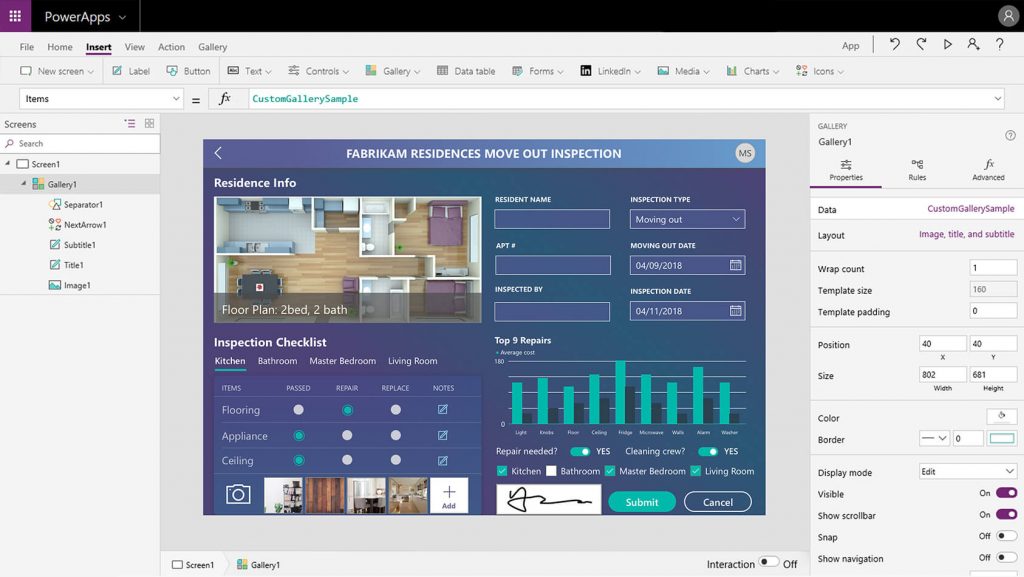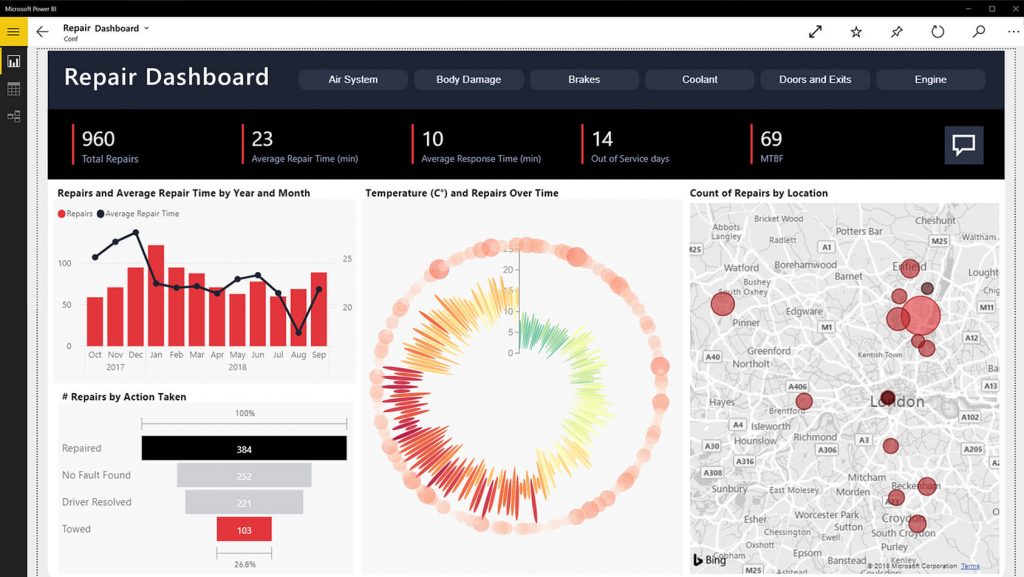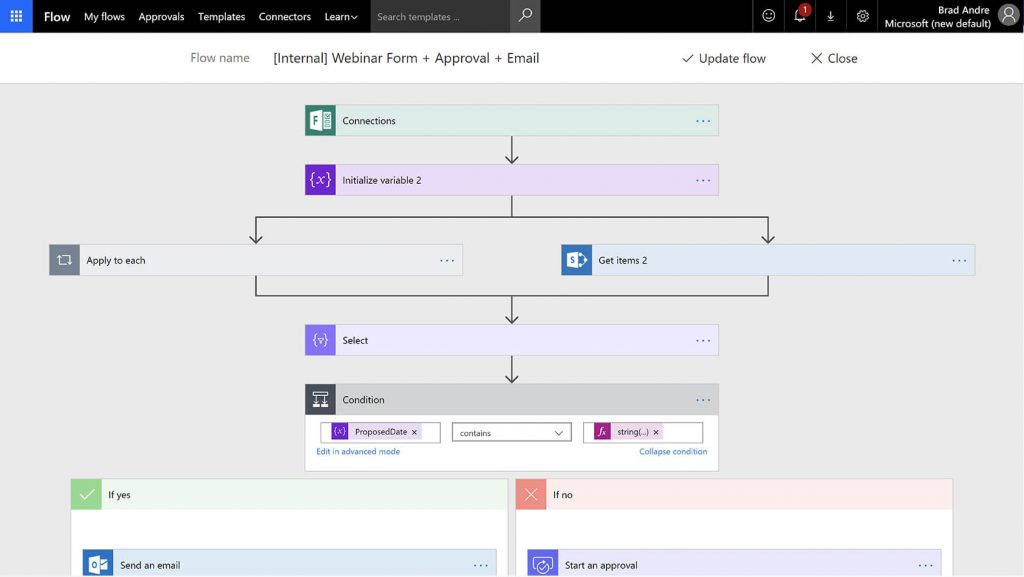PowerPlatform
No-Code/Low-Code Applications
Dynamics 365 applications power end-to-end business strategies, so companies can run their entire business in the cloud. Companies can manage specific business functions with applications across: Sales, Customer Service, Field Service, Operations, Marketing, and Project Service Automation. These applications work seamlessly together, so companies expand to new functions as their business needs grow and change.
Application Platform as a Service (APaaS)
Microsoft has developed this aPaaS concept as the Microsoft Power Platform, an end-to-end business application platform that includes the Common Data Service, PowerApps, Power BI, and Flow technologies, and now underpins the Dynamics 365 applications (formerly called “CRM”) that many organizations already know. Together, these technologies fulfill the promises of aPaaS, enabling business and technology partners to:
- Rapidly create custom, containerized, no-code / low-code applications that meet different business and user group needs;
- Integrate all data natively on the platform – no custom components required – and make that data available to any other application;
- Employ “No Cliffs” development with tools that are easily extensible by professional developers and readily integrated with Azure cloud services.
Give everyone the ability to build business solutions build business solutions
PowerApps
ACT
Build custom apps in hours—not months—that connect to your existing data and systems to help solve your specific process and business needs.
Read More


Power BI
Analyse
Create a data-driven culture by enabling everyone to turn data into insightful visualizations they can use to make business decisions quickly and confidently.
Read More
Power Automate
Automate
Construct automated workflows in minutes across hundreds of popular apps and services—no-coding required.
Read More


'no-code / low-code'
Let's Talk About Your Needs

